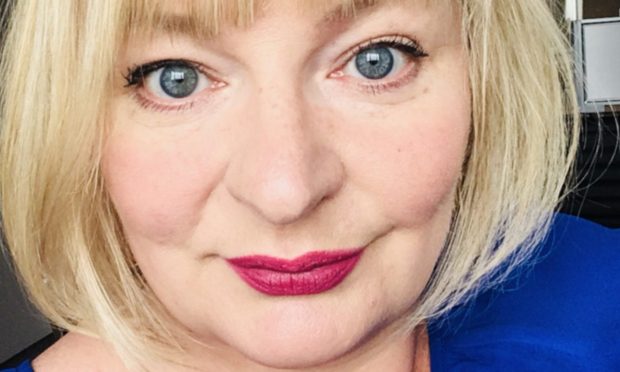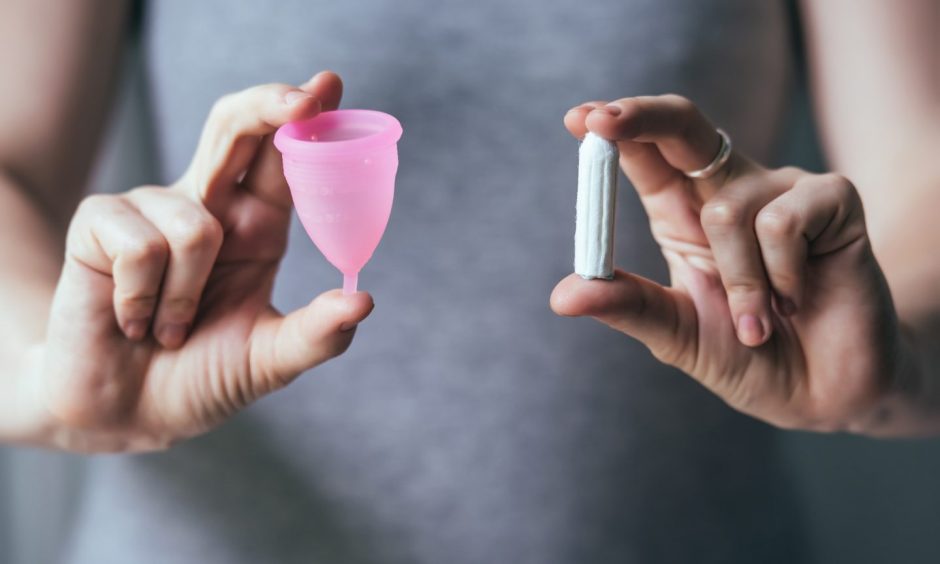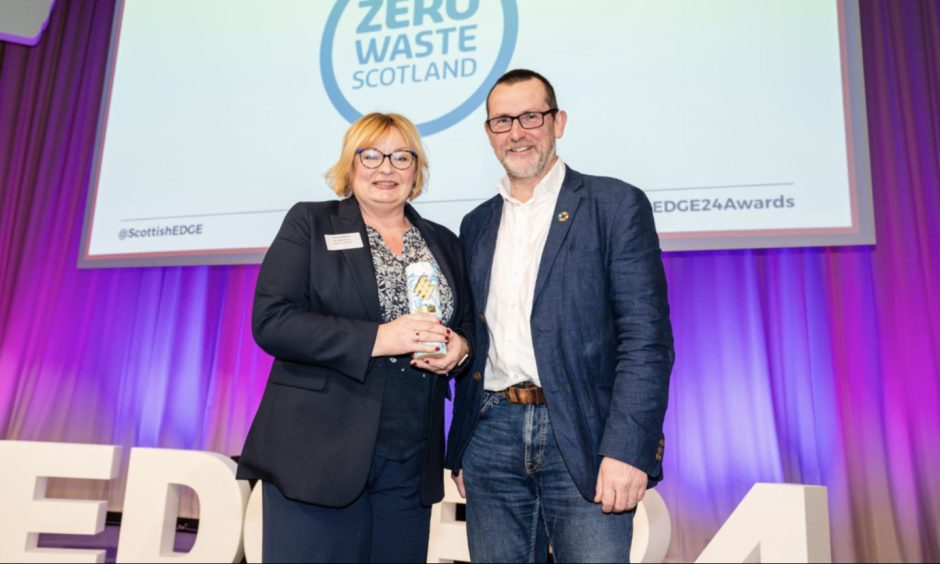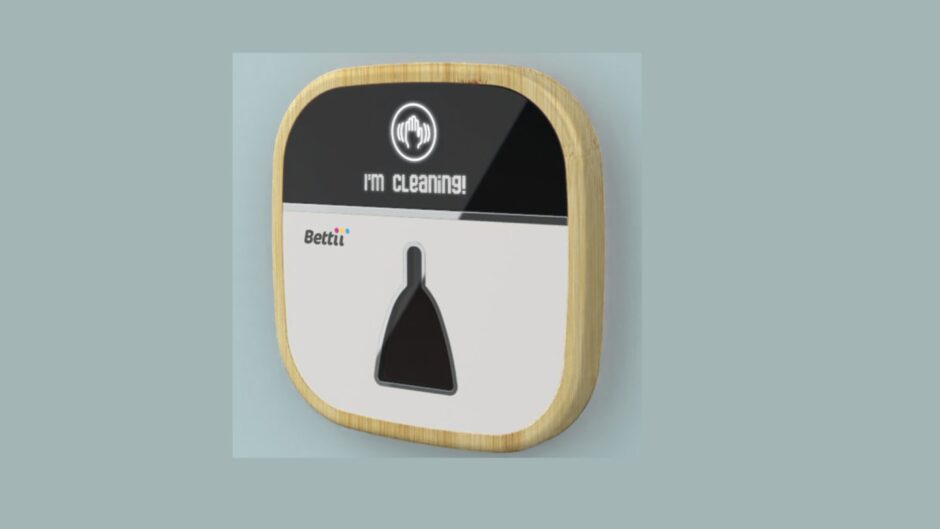A groundbreaking invention from an Aberdeenshire femtech startup called Bettii Pod could revolutionise the way women manage their menstrual health.
Elaine Galston, an entrepreneur from Gardenstown, has attracted more than £500,000 in investment and Scottish EDGE funding to develop the world’s first machine specifically designed to wash menstrual cups and discs.
Major institutions have already expressed an interest in installing the Bettii Pod in their toilet cubicles, including the University of Aberdeen and Sport Aberdeen.
Backers queue up for Bettii Pod
Elaine, whose background is oil and gas, first became interested in the Bettii Pod concept after mentoring a young start-up involved in femtech.
She went on to interview over 380 women as part of her research.
Feedback showed a big barrier to reusable products was difficulty cleaning menstrual cups and discs away from home.
“It’s really hard, they’re carrying water, they’re carrying wipes, they’re often actually just reverting to disposables,” she said.
“They have to go into disabled toilets, and they don’t want to do that. It’s a complete nightmare for them, so what do they do?”
Taking on the challenge, Elaine connected with West College Scotland to develop the world’s first menstrual cup washer and sanitiser.
Now backers are queueing up to invest in Bettii Pod as Elaines plans to roll it out.
“We’ll do the UK first,” she says, “then most likely Europe and we have our sights on North America in a few years.”
Uptick in reusable sales
Disposable menstrual products and pads are known to contain up to 90% plastic, which can’t be recycled and often end up in landfills.
Meanwhile, ‘reusables’ is the largest growth sector in the menstrual market with an estimated 64 million menstrual cups sold per annum with a 56% growth prediction.
“So, it’s a huge growth, but we still don’t really understand it,” says Elaine.
“At the same time we also don’t really understand what’s in our disposables.”
Worryingly, she says current research shows many mainstream tampons sold contain toxic chemicals, including lead.
“You don’t shove something with lead up your fandango for eight hours on a regular basis” says Elaine. She became allergic to tampons herself a few years ago.
“These products are not medically regulated; there’s a difference from putting a cream on your face to putting something inside of you where you have got very delicate tissue that is highly absorbent.”
For Elaine, it’s all about giving people freedom of information.
“I don’t care whether you want to use disposables or whether you want to use reusables,” she says.
“What I care about is if you have the information to make the right decision for you.”
Scotland was the first country in the world to protect women’s right to access free period products by law, in August 2022.
Local authorities and education providers are now legally required to make period products available for free to anyone who needs them.




Conversation